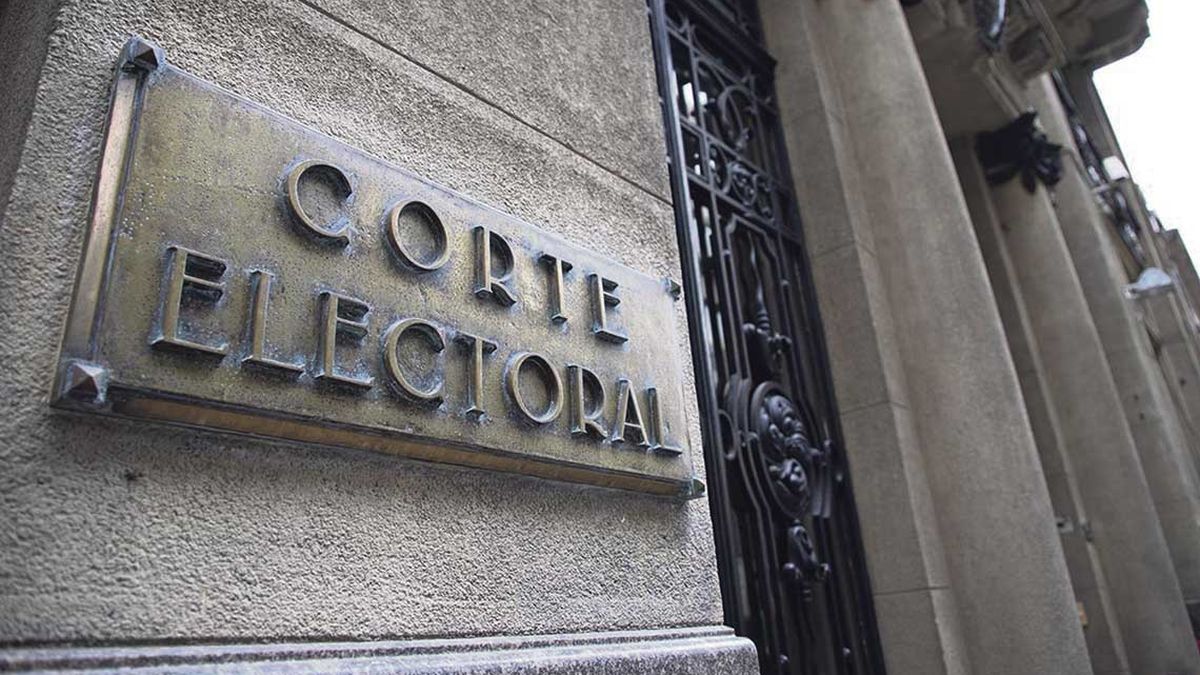The statement presented on the official website of the Electoral Court, a total of 45,745 signatures had been analyzed until last Friday afternoon, that is, almost 10% of the signatures presented by the union center. This is a necessary process that the state authority must carry out to determine if the plebiscite It has the minimum support to be voted on in this year’s presidential elections.
Of the total signatures that went through the official verification process, 20% were rejected by the Electoral Court, that is, about 9,234. This would not pose a danger to the plebiscite of the Pit-Cnt since, if this trend continues, a total of 340,000 validated signatures would be reached, exceeding the required minimum of 270,000, which represents 10% of citizens authorized to vote.
What were the causes of the rejections?
There may be several reasons to reject the signatures presented in the plebiscite. The most relevant cause according to the statement presented by the Electoral Court corresponds to the lack of coincidence. This reason was the most repeated, with 80% of the signatures rejected for this reason, with a total of 7,455 signatures.
In second place were the signatures with incomplete data, with a total of 838, another category of rejection were the multiples, which were 426 signatures, and those excluded, which represented 230 signatures. On the other hand, the lack of signature represented a rejection of 100 and the canceled ones were 63. Also, the disabled signatures were a total of 58, while the canceled ones were 63.
S&P does not see its approval as likely
The plebiscite for Pit-Cnt has alerted economists who warn that its approval would strain the public accounts of the Uruguay, while in the political arc it generated discrepancies between the parties, especially within the Wide Front where they have not yet expressed themselves unanimously.
With this, the American rating agency S&P Global Ratings, reflected that the law approved in April of last year “should contain the spent in the coming years”, which is why he considered it difficult for there to be “sufficient political or popular support to reverse some aspects of the reform”.
For his part, he valued the country’s “stable record of policies,” as well as the “cohesive and consensual nature of its political class,” to rule that, after the elections 2024, “no major changes are expected in economic policy.”
With respect to growth, anticipated that it will be 2.7% annually between 2024 and 2027, while praising the fiscal strength and policies adopted by the government, as well as a good level of investment abroad, despite the completion of construction works UPM 2. Meanwhile, he predicted a good recovery after the effects of the drought and the exchange difference with Argentina.
Source: Ambito




